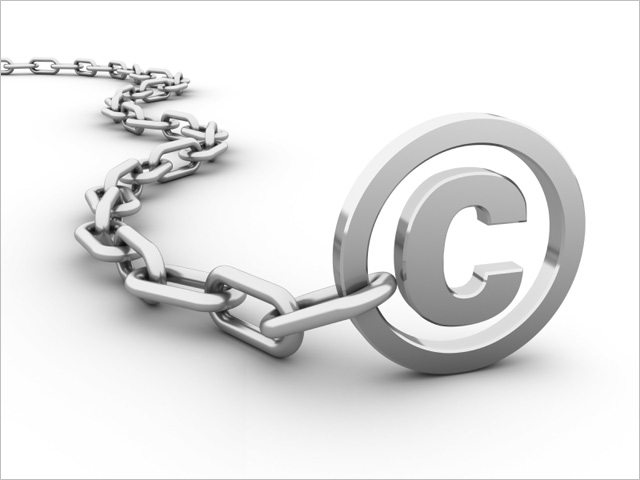
blog In Australian intellectual property circles, there are few names which are more respected than that of Kimberlee Weatherall. The lawyer and academic is an associate professor at the Sydney Law School and has a reputation for cutting to the chase when it comes to interpreting the real-world implications of copyright and intellectual property law. That’s why we were personally thrilled to learn that Weatherall has recently published a mammoth blow by blow analysis of the enforcement provisions contained in the recently leaked draft of the Trans-Pacific Partnership IP chapter. You can download the full document here in PDF format. Here’s a few sample paragraphs from Weatherall to give a flavour of the document:
“Reading the IP provisions of the TPP IP chapter leak dated August 2013 is a maddening, dispiriting process. The provisions are written like legislation, not treaty, suggesting a complete lack of good faith and trust on the part of the negotiating countries. There are subtle tweaks of language, the phrases included or not included from previous treaties; the subtle re-wordings that might give a treaty provision an entirely different meaning. Working out the scope of a country’s obligations if even half of this text becomes treaty is going to be extremely difficult … the chapter is still radically unbalanced. There are still far too few safeguards for defendants and third parties in the context of IP litigation. And there are many specific proposals with potentially negative impacts on the litigation process and on the balance of IP law.”
I’m fairly sure most Australians with at least a passing interest in intellectual property matters with relation to the Internet are concerned with the potential implications of the TPP at this point. A completely secret trade agreement which will force the participating countries to change their own IP legislation, with implications for everyday usage patterns of ordinary Australians including the criminalisation of Internet content piracy? Yup. This is seeming more and more like the big bad, and Weatherall’s analysis reveals the nitty gritty of the how and why. Required reading.

Don’t you love it when big business buys the government. You know they will look out for the little guy.
/sarcasm
Thanks Renai!
Many a science fiction novel were set in worlds where large corporations employ puppet governments. They appear to have got that right, if not exactly the form of it.
Our dystopian future appears to be a combination of George Orwell’s Nineteen-Eighty Four and Aldous Huxley’s A Brave New World. Despite these visions of the future being extreme opposites, modern Western capitalist society has managed to take the worst of both worlds.
With a little bit of The Carpetbaggers thrown in for good measure…
Well, it was the Coalition that reinstated the talks (Andrew Robb & George Brandis), so why are you surprised about it Renai?
So far you also have been very Coalition Pro site.
Quiet frankly, it’s the continued appalling poor form of Australian media to that have kept it silent on the issue.
http://www.theage.com.au/comment/the-age-letters/how-surprising-that-the-libs-are-untrustworthy-20131127-2yabm.html
Comments are closed.